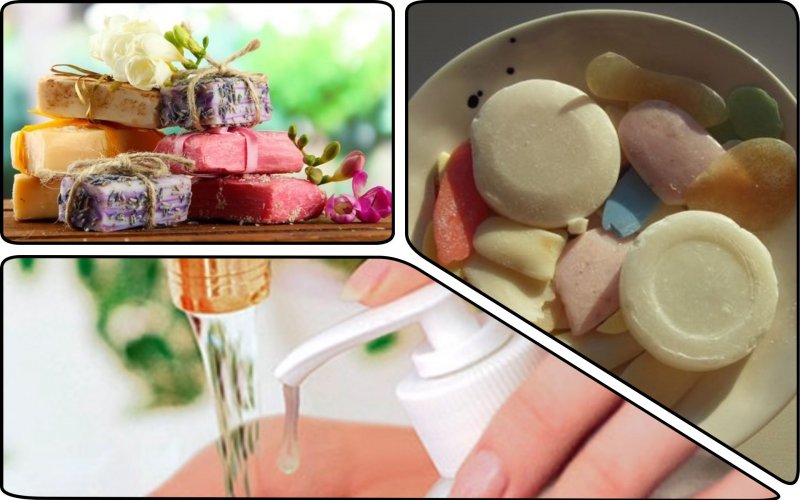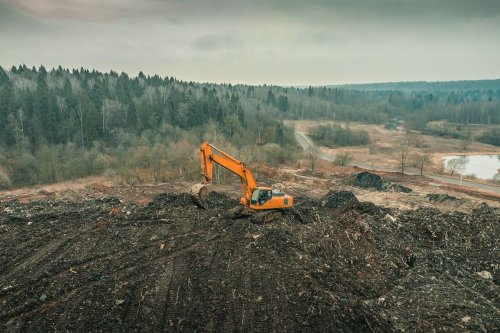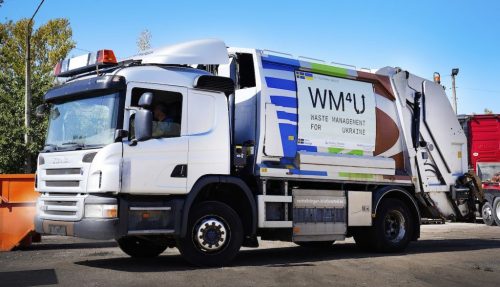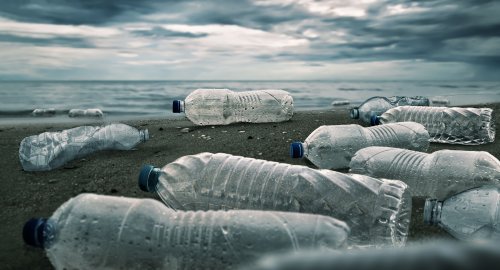With each passing year, waste sorting and consumption reduction are becoming more and more commonplace, but the management of some household waste is still a sticking point. Among such waste are the remnants of solid soap, the so-called "soap scum".
EcoPolitic has prepared useful tips for its readers on how to give a second life to "soap scum" to help nature and save money at the same time.
Usually, eco-conscious people prefer solid soap, as it avoids additional waste – a plastic bottle with or without a dispenser. Solid and liquid soaps have almost the same chemical composition and consist of fatty acid salts. Due to its properties, soap "surrounds" dirt particles, which makes them easy to wash off with water.
However, when soap gets into the environment, it does not cleanse it of pollution, but only increases it. And recycling soap scraps is an important step in preserving the environment and reducing waste.
Although you can use soap of any size, usually small pieces are too inconvenient and people throw them in the trash. However, soap scraps can be used to make new soap.
To get liquid soap, you need to grind soap scum and mix it with hot water and glycerin in a bottle with a dispenser. Such soap will have additional advantages, because glycerin will moisturize the skin of the hands.
You can also make solid soap without glycerin with the addition of your favorite essential oils, milk, coffee, etc.
In addition, this soap can be used to insulate windows on old frames.
Earlier, EcoPolitic wrote, that Ukrainians were urged to use environmentally friendly means during cleaning, which will help save money, preserve health and nature.





